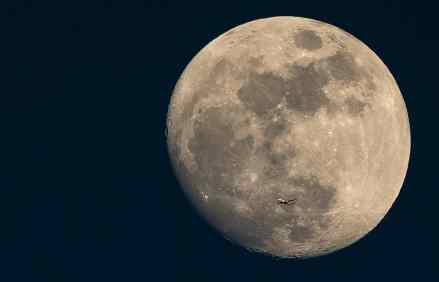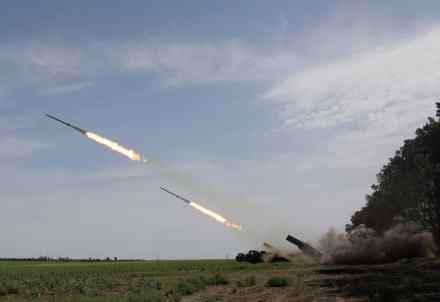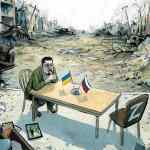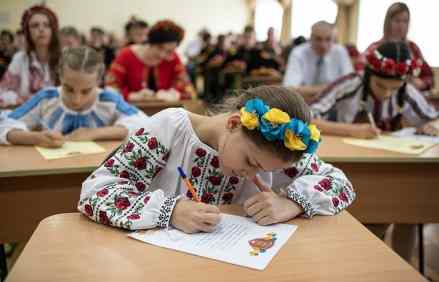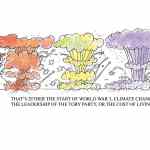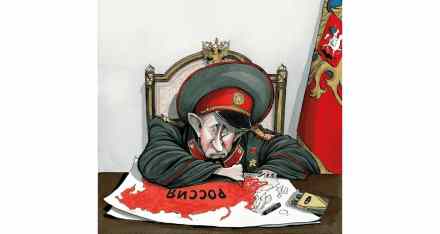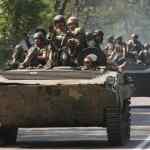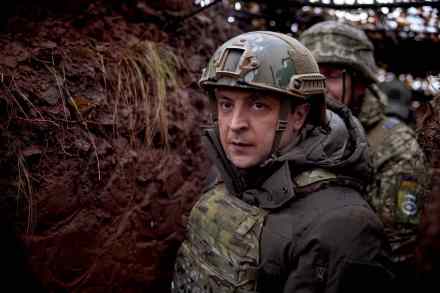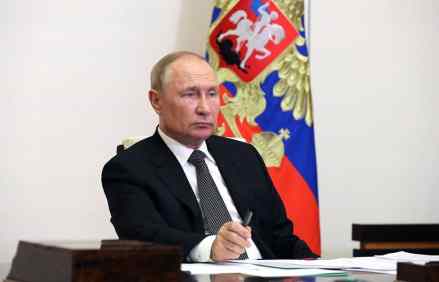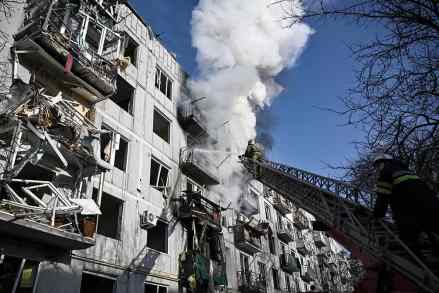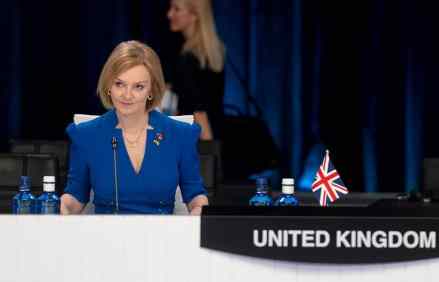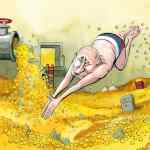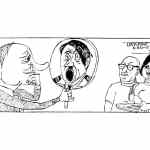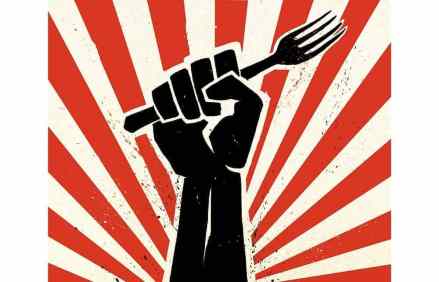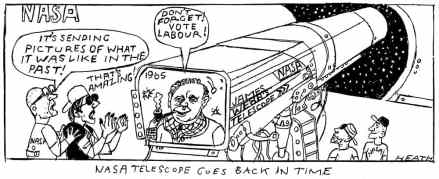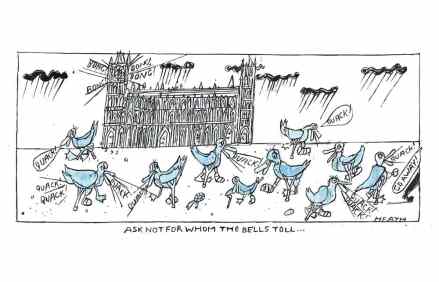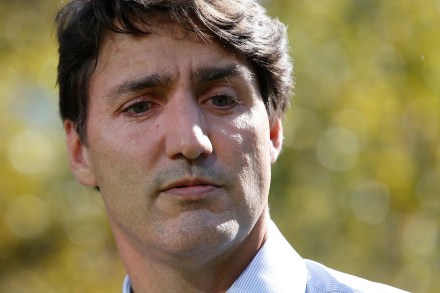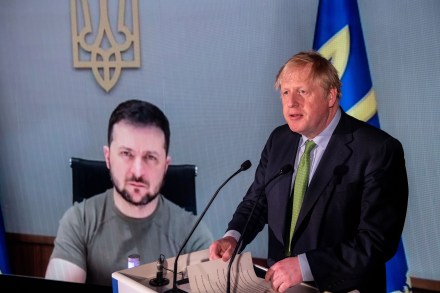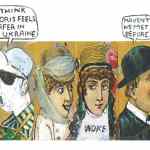What did Nasa achieve last time it visited the Moon?
Of mice and Moon What did Nasa achieve last time it visited the Moon? Apollo 17, in December 1972, involved putting two astronauts, Eugene Cernan and Harrison Schmitt, there for 75 hours. They used a lunar roving vehicle to collect 254lb of rock and dust samples from areas up to 4.7 miles from the landing site. Among them was some orange dust believed to have originated in a volcanic eruption 3.5bn years ago. Experiments were also conducted into the flow of heat from the centre of the Moon to the surface, into minor changes in gravitational force, and the effect of cosmic rays on mice. At the end, Cernan said
